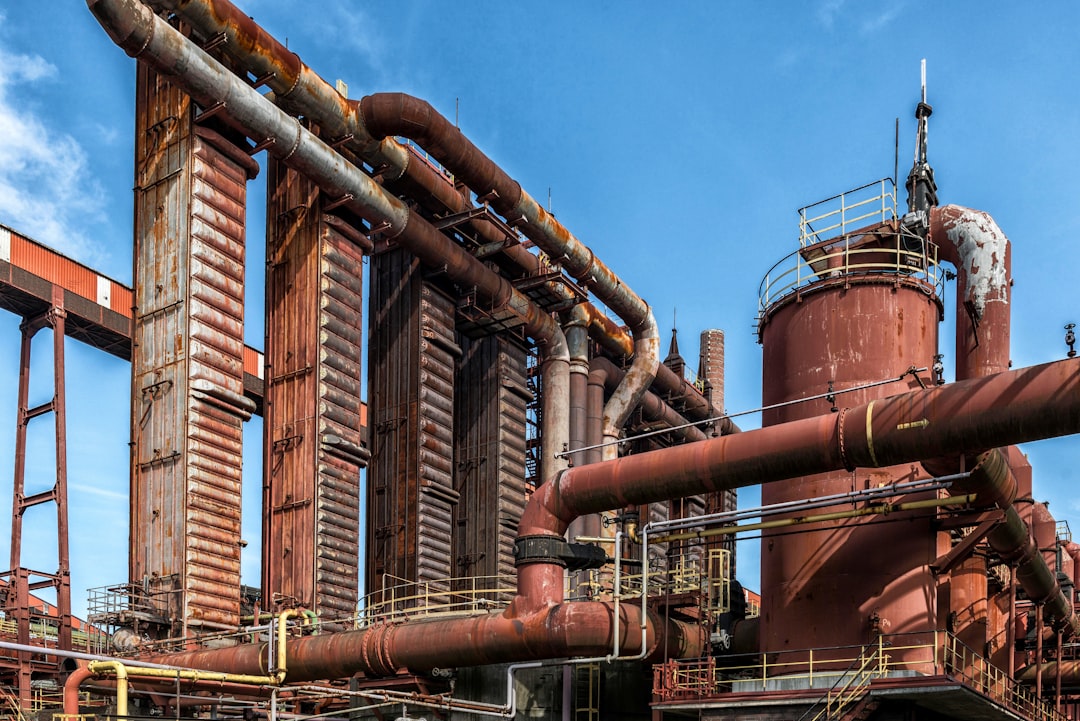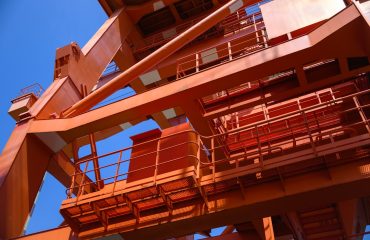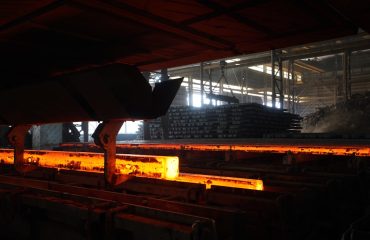body { font-family: sans-serif; line-height: 1.6; }
h1, h2, h3 { color: #333; }
img { max-width: 100%; height: auto; }
Oil refineries are complex and demanding environments, operating under intense pressure and temperature conditions. At the heart of these operations lies a vast network of piping systems, with steel pipes forming the backbone of this critical infrastructure. From transporting crude oil to distributing refined products, steel pipes are indispensable for the efficient and safe functioning of any refinery.
Types of Steel Pipes Used in Oil Refineries
The choice of steel pipe depends on the specific application within the refinery. Several types are commonly used, each possessing unique properties tailored to withstand the harsh conditions:
- Carbon Steel Pipes: These are the most common type due to their strength, weldability, and relatively low cost. However, their susceptibility to corrosion limits their use in certain applications.
- Alloy Steel Pipes: These pipes contain alloying elements like chromium, molybdenum, and nickel, significantly enhancing corrosion resistance and high-temperature strength. They are often used in high-pressure and high-temperature sections of the refinery.
- Stainless Steel Pipes: Offering superior corrosion resistance, stainless steel pipes are ideal for handling corrosive chemicals and fluids. They are particularly valuable in applications involving sulfur compounds and other reactive substances.
- High-Yield Strength Steel Pipes: These pipes offer enhanced strength-to-weight ratios, allowing for smaller pipe diameters and reduced material costs while maintaining structural integrity.
Applications of Steel Pipes Across Refinery Processes
Steel pipes play a critical role in virtually every stage of the oil refining process. Their applications include:
- Crude Oil Transportation: Large-diameter pipes carry crude oil from storage tanks to processing units.
- Process Piping: A complex network of smaller-diameter pipes transfers various intermediate and refined products between different processing units (distillation columns, reactors, etc.).
- Heat Exchangers: Steel pipes form the core of heat exchangers, facilitating efficient heat transfer during various refining processes.
- Pressure Vessels: Steel pipes contribute to the construction of pressure vessels used for storage and reaction processes.
- Product Distribution: Steel pipes transport finished products (gasoline, diesel, kerosene, etc.) to storage tanks and loading facilities.
Challenges and Considerations in Steel Pipe Selection and Maintenance
The demanding refinery environment presents several challenges related to steel pipe selection and maintenance:
- Corrosion: Exposure to corrosive substances like sulfur compounds, acids, and salts necessitates the selection of corrosion-resistant steel grades or the implementation of corrosion protection measures (coatings, linings, cathodic protection).
- High Temperatures and Pressures: Pipes must withstand extreme temperatures and pressures without compromising structural integrity. Careful selection of appropriate steel grades and rigorous quality control are essential.
- Safety Regulations: Strict adherence to safety regulations and industry standards is paramount. Regular inspections, maintenance, and leak detection systems are crucial to prevent accidents.
- Cost Optimization: Balancing the need for durable, high-performance pipes with cost-effectiveness is a key consideration.
Ensuring Safety and Compliance with Industry Standards
The safety of personnel and the environment is paramount in oil refineries. Strict adherence to industry standards and regulations is non-negotiable. This includes:
- Regular Inspections: Periodic inspections using non-destructive testing methods (NDT) like ultrasonic testing and radiographic testing help detect flaws and prevent potential failures.
- Material Traceability: Maintaining accurate records of pipe materials and their properties ensures compliance with industry standards and facilitates effective maintenance planning.
- Welding and Fabrication: Highly skilled welders and stringent quality control procedures are required to ensure the integrity of pipe welds.
- Leak Detection Systems: Advanced leak detection systems are critical for early detection of leaks, preventing environmental damage and ensuring operational safety.
Future Trends in Steel Pipe Technology for Oil Refineries
The oil refining industry is constantly evolving, and steel pipe technology is adapting to meet the challenges of enhanced efficiency, sustainability, and safety. Future trends include:
- Advanced Materials: Research into new steel alloys with enhanced corrosion resistance and high-temperature strength is ongoing.
- Smart Pipes: The integration of sensors and monitoring systems into steel pipes allows for real-time monitoring of pressure, temperature, and other critical parameters, enhancing predictive maintenance capabilities.
- Sustainable Practices: The industry is increasingly focusing on minimizing environmental impact through the use of recycled steel and improved corrosion management techniques.
- Digitalization and Automation: Digital twins and advanced simulation tools are being used to optimize pipe design, maintenance schedules, and overall refinery operations.
In conclusion, steel pipes are the unsung heroes of oil refineries, silently working to ensure the efficient and safe operation of these complex facilities. Understanding their diverse types, applications, challenges, and future trends is crucial for maintaining the integrity and longevity of these critical systems.




